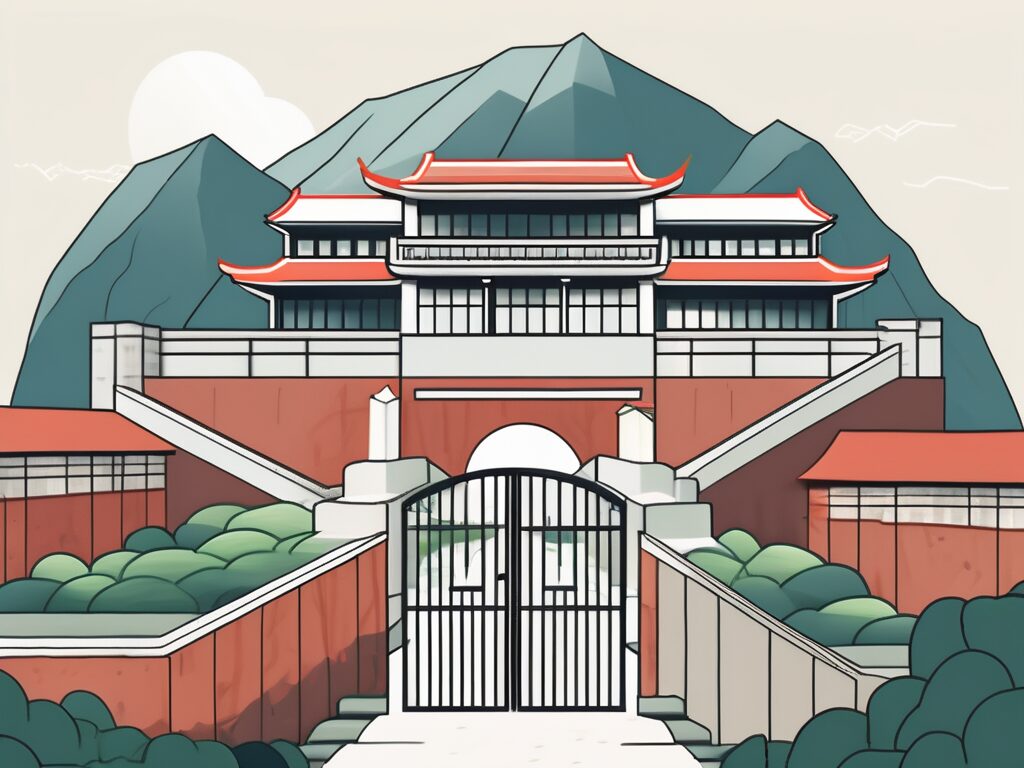Education is the cornerstone of any society, and Taiwan is no exception. However, like any other country, Taiwan faces its unique set of challenges when it comes to providing quality education to all its citizens. This article delves into the main barriers to education in Taiwan, exploring the socio-economic, cultural, and systemic issues that hinder educational progress.
Socio-Economic Barriers
The socio-economic status of a family plays a significant role in the educational opportunities available to a child. In Taiwan, children from low-income families often face numerous obstacles in their pursuit of education.
Firstly, the cost of education can be prohibitive for many families. While public education in Taiwan is free, there are additional costs such as textbooks, uniforms, and extra-curricular activities that can add up. This is akin to the situation in the UK, where the cost of uniforms and school trips can be a financial burden on families.
Secondly, children from low-income families may need to work part-time to support their families, leaving them with less time for their studies. This is a barrier that is not unique to Taiwan, as it is also prevalent in countries like the United States and India.
The Impact of Urban-Rural Divide
The urban-rural divide in Taiwan further exacerbates the socio-economic barriers to education. Schools in rural areas often lack the resources and facilities of their urban counterparts. This is similar to the situation in Australia, where rural schools often struggle to provide the same level of education as those in urban areas.
Moreover, the lack of qualified teachers in rural areas is a significant issue. Many teachers prefer to work in urban areas due to better pay and living conditions, leaving rural schools understaffed. This situation mirrors the teacher shortage in rural areas in countries like Canada.
Cultural Barriers
Cultural factors can also pose significant barriers to education in Taiwan. The pressure to succeed acadically is immense in Taiwanese society, much like in other East Asian countries such as South Korea and Japan.
Students often face high levels of stress due to the pressure to perform well in exams. This can lead to mental health issues and burnout, which can hinder their educational progress. The emphasis on rote learning and memorisation over critical thinking and creativity can also stifle students’ love for learning.
Furthermore, the societal expectation for children to conform and not question authority can discourage independent thinking and innovation. This is a cultural barrier that is not unique to Taiwan, as it is also prevalent in countries with Confucian heritage such as China and Vietnam.
The Role of Gender
While Taiwan has made significant strides in promoting gender equality in education, there are still subtle cultural biases that can affect girls’ education. For example, there is a societal expectation for girls to be more focused on their appearance and manners than their studies. This is a barrier that is not unique to Taiwan, as it is also prevalent in many Western societies.
Moreover, girls are often discouraged from pursuing STEM (Science, Technology, Engineering, and Mathematics) subjects due to the stereotype that these are ‘male’ subjects. This is a global issue, with countries like the UK and the US also grappling with the underrepresentation of women in STEM fields.
Systemic Barriers
Systemic barriers refer to the institutional policies and practices that hinder educational progress. In Taiwan, one of the main systemic barriers is the high-stakes examination system.
The College Entrance Examination is a high-pressure exam that determines a student’s university placement. The immense pressure associated with this exam can lead to high levels of stress and anxiety among students. This is similar to the A-Level exams in the UK, which also determine university placements.
Furthermore, the curriculum in Taiwan is often criticised for being too rigid and not catering to the diverse learning needs of students. The lack of flexibility in the curriculum can hinder the educational progress of students with learning difficulties or those who learn at a different pace. This is a systemic barrier that is also prevalent in countries like the US, where the ‘one-size-fits-all’ approach to education often fails to cater to the diverse learning needs of students.
The Language Barrier
The language of instruction in Taiwanese schools is Mandarin Chinese. This can pose a significant barrier for students from indigenous communities or immigrant families who may not be fluent in Mandarin. This is akin to the language barrier faced by non-English speaking students in countries like the UK and the US.
Moreover, the lack of support for students with limited Mandarin proficiency can hinder their educational progress. This is a systemic barrier that is not unique to Taiwan, as it is also prevalent in countries with diverse linguistic communities such as Canada and Australia.
In conclusion, the barriers to education in Taiwan are multifaceted, encompassing socio-economic, cultural, and systemic issues. Addressing these barriers requires a holistic approach that takes into account the diverse needs and circumstances of students. As Taiwan continues to strive towards educational equity, it is crucial to keep these barriers in mind and work towards removing them.
Empower Your Teaching Career with IPGCE
Understanding the barriers to education is just the first step; actively working to overcome them is where true change begins. If you’re an educator looking to enhance your qualifications and navigate the complexities of the global education landscape, IPGCE is your gateway to success. Our International Postgraduate Certificate in Education (iPGCE) is designed to elevate your professional development, connect you with an extensive network of educators, and significantly improve your career prospects. With a 50% increase in interview callbacks and a 45% boost in promotion rates for iPGCE holders, the path to educational excellence is clear. Don’t let inadequate credentials or isolation limit your potential. Join the UK’s #1 Teacher Training Course today and take a decisive step towards shaping the future of education in Taiwan and beyond.

